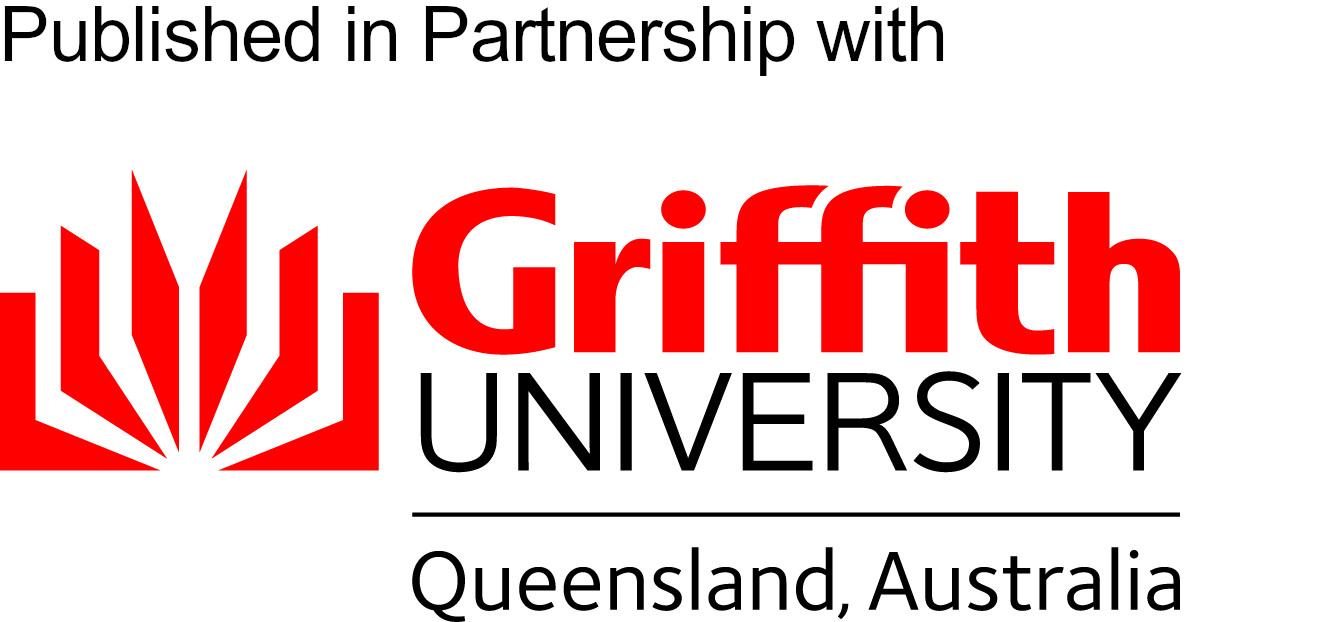Collecting and using youth development outcomes data to improve youth work practice
DOI:
https://doi.org/10.1017/qre.2017.15Keywords:
Youth development programs, practitioner-led outcomes framework, New South WalesAbstract
There is increasing scrutiny on the factors necessary to ensure that youth development programs consistently enhance the learning and development of young people. One of these key factors is the involvement of high-quality youth work practitioners who can facilitate an individual or group process to the benefit of all participants. While the practice of reflective learning is a core best-practice principle of youth workers, there is little emphasis on their own structured learning and development beyond their initial qualification. Based on findings from a pilot project testing the first practitioner-led outcomes framework in New South Wales, Australia, this article examines the role of outcomes data in contributing to the ongoing development of youth workers and youth development organisations. It argues that external performance data is both critical to individual and organisational development, and can enhance existing reflective practices such as workplace supervision.
References
Australian Research Alliance for Children and Youth 2009. ‘Measuring the outcomes of community organisations’, https://www.aracy.org.au/publications-resources/command/download_file/id/111/filename/Measuring_the_outcomes_of_community_organisations.pdf.
Besharov D.J. and Call D.M. 2016. ‘Using logic models to strengthen performance measurement’, in Improving public services: International experiences in using evaluation tools to measure program performance. London: Oxford University Press.
Bessant J. 1997. ‘Free market economics and new directions for youth workers’, Youth Studies Australia 16(2): 393–419.
Morley E. Vinson E. and Hatry H.P. 2001. Outcome measurement in non-profit organisations: Current practices and recommendations. Independent Sector and the Urban Institute, http://www.acds.ca/web/images/webpages/evaluation/MTD_Module_5_INSERT_1_Outcome_Measurement_in_Nonprofits.pdf.
Moxley D. and Manela R. 2001. ‘Expanding the conceptual basis of outcomes and their use in the human Services’, Families in Society: The Journal of Contemporary Social Services 82(6): 569–77.
Sercombe H. 2010. Youth work ethics. London: Sage.
Seymour K. 2012. Good practice principles for youth development organisations, 2nd ed. Brisbane: Key Centre for Ethics, Law, Justice and Governance, Griffith University.
—— 2015. ‘Deficits or strengths? Re-conceptualising youth development program practice. Unpublished PhD thesis, Griffith University, Brisbane.
Tilbury C. 2006. Accountability via performance measurement: The case of child protection services. Public Administration, 65(3): 48–61.





